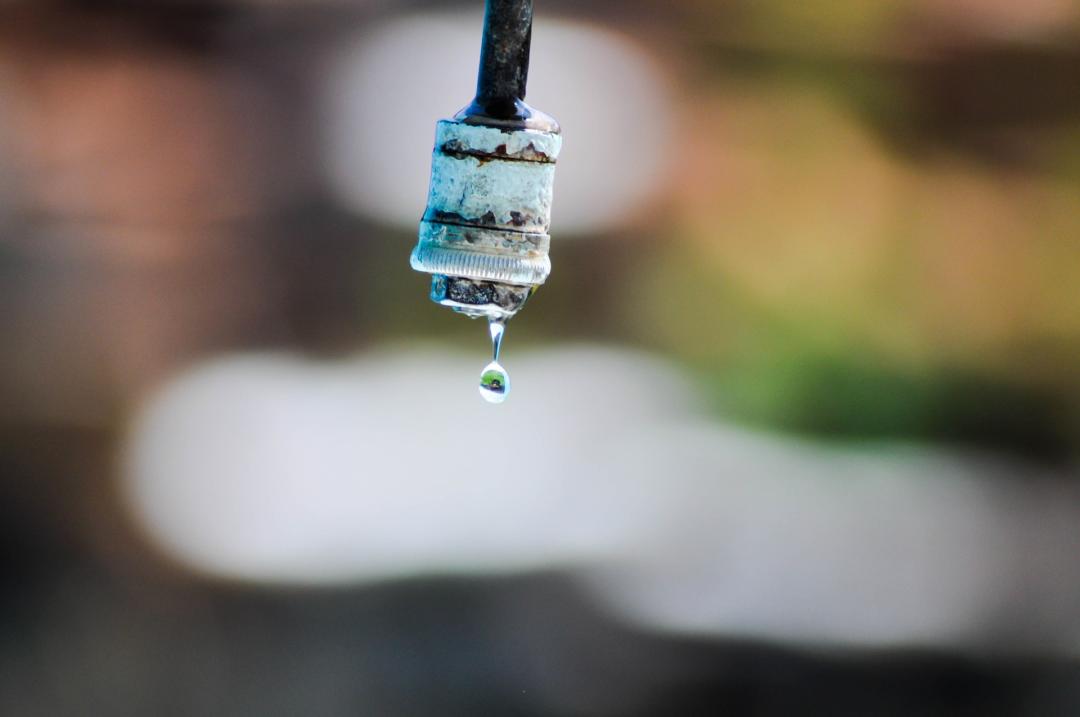
Azerbaijani Parliament raises the country’s water supply issue

On 2 July, the Committee for Natural Resources, Energy and Environment of the Azerbaijani Parliament held a session to discuss water shortage problems in the country, reported Trend.
The committee head Sadiq Qurbanov said that the pollution of Araxes and Kura rivers aggravates water supply problems in Azerbaijan. “The Caucasus [region] has only 310 billion cubic meters of water. Of this Azerbaijan has the lowest level of water per capita compared to the neighbouring countries. This is primarily due to the different location of water sources in our country. Pollution of our main water resources - the Araxes and Kura rivers - by neighbouring countries also aggravates the situation. Azerbaijan has joined 17 conventions on water but unfortunately, neighbouring countries Armenia and Georgia have not joined those conventions,” he said.
The head of Azersu Open Joint Stock Company which is in charge of policy and strategy for the water supply and sanitation services in Azerbaijan, Gorkhmaz Huseynov said that decrease in precipitation and increase in average annual temperature in recent years have led to drought and the reduction of water resources. These have affected the population’s water supply and the provision of irrigation water to the agricultural sector. However, he noted the fact that in recent decades a number of water sources have been built, which is 2.6 times more than in 1990.
Speaking of water shortages and reasons for supply reduction, he stressed the examples of water consumption without meters and including the wasteful use of water in the irrigation of green spaces, gardens and homesteads. He also spoke about the existence of private networks that do not meet existing norms and standards. Huseynov also emphasized that water reserves in Azerbaijan are estimated at 30.9 billion cubic meters, out of which 33 percent are local inland waters and 66 percent are transboundary rivers, meaning that access to these water sources requires large investments.
In recent weeks there was a report of water shortages throughout different regions of Azerbaijan, sparking some minor protests across the country.
According to the World Bank assessment, Azerbaijan inherited a relatively extensive water supply system from the Former Soviet Union (FSU). At the time of the appraisal, about 95 percent of the population in Baku and about 83 percent of those living in secondary cities and small towns were connected to a piped water supply. While coverage appeared to be generally high in comparison to most countries with a similar income, the quality of infrastructure and services has deteriorated severely over the years due to the lack of investment and deferred maintenance. In many secondary and small towns, water treatment facilities are largely dysfunctional or do not exist, meaning that the population in these towns do not have access to safe water. In addition, almost everywhere in Azerbaijan, the piped water supply is unreliable and often only available for less than 12 hours a day. Centralized piped water supply systems are rare in rural areas and less than 33 percent of the rural population has access to piped water supplies. About 55 percent of Azerbaijan’s population has access to improved sanitation facilities. Access to sanitation facilities in urban areas was higher than in rural areas, with coverage estimated at 73 percent and 36 percent, respectively.
Many scientists consider the Absheron Peninsula, where 50 percent of Azerbaijan’s population lives, to be the most ecologically devastated area in the world due to severe air, water and soil pollution. Decades of pollution have created medical concerns. Poor water quality in Azerbaijan can facilitate the transmission of bacterial diseases such as cholera and hepatitis. Additionally, traces of heavy metals in the water lead to health complications such as cancer. The country’s government showed motivation in tackling the problem and made efforts to improve the environmental situation in the country by building the centralized water supply system in Baku, allowing for more than 2 million people access to fresh water. The volume of water supplied from various sources in Baku and the Absheron Peninsula increased by 23 percent. As a result of implementing various projects in 2011-2013, the number of residents provided by uninterrupted water supply increased by 600,000 people, and is, according to recent data, 1.485 million people.
See Also


Simonyan: “Armenia Should Trade with Turkey and Azerbaijan Instead of Closing Borders”

Mirzoyan Meets US Deputy Assistant Secretary Joshua Huck

Azerbaijani President Holds Talks with UAE and German Business Delegations on Economic Cooperation

Grigoryan Confirms Armenia’s Readiness to Dissolve OSCE Minsk Group Upon Peace Treaty Signing

